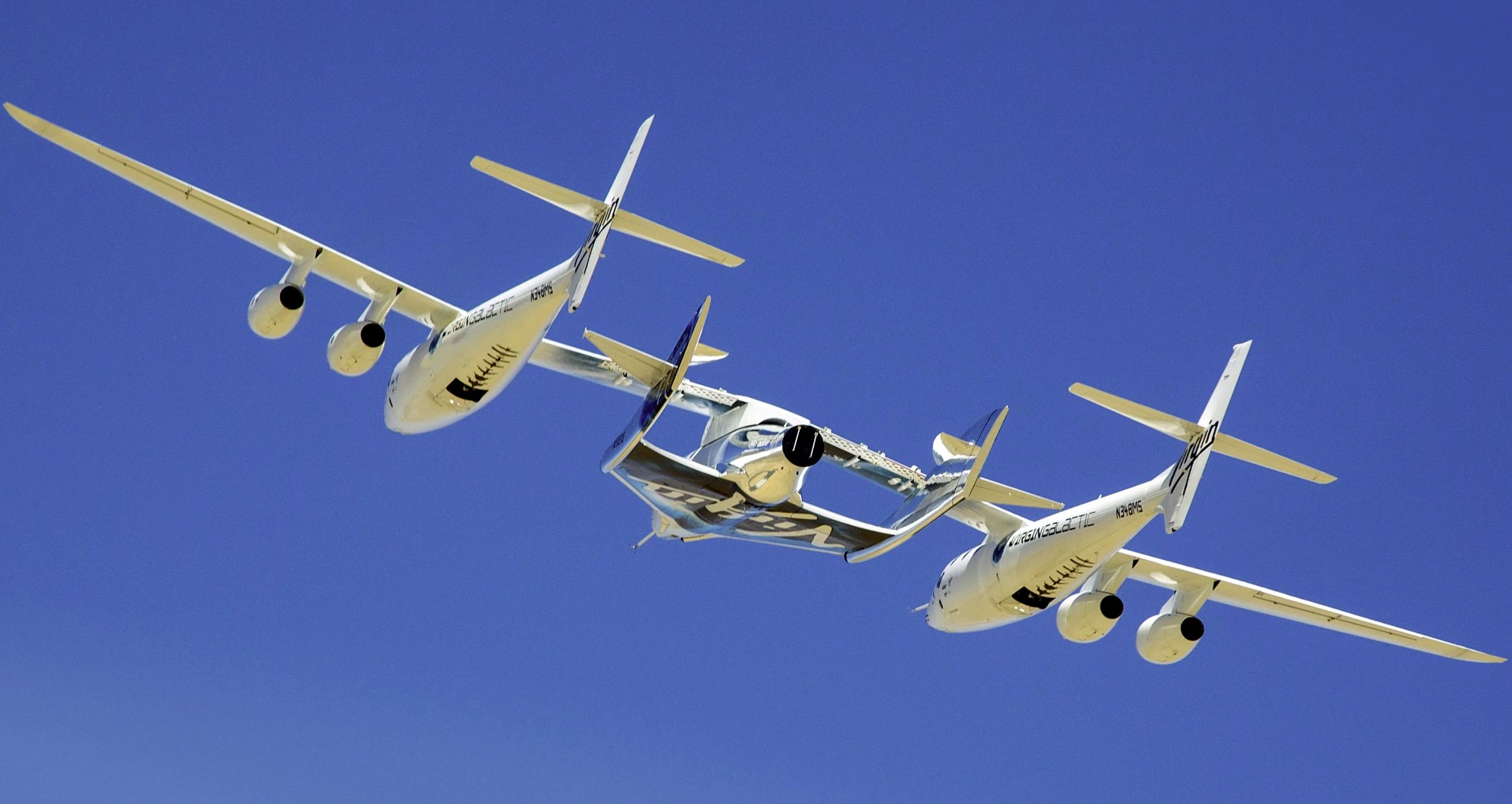Virgin Galactic plans to make 400 flights a year and buying two new motherships

Virgin Galactic has been delaying its once-weekly flights for about a year, but the company claims to be making progress toward a more frequent schedule. Virgin Galactic announced on Wednesday a collaboration with Boeing-owned Aurora Flight Sciences to design and build two next-generation motherships, which will begin testing in 2020. The mothership carries the Virgin Galactic spacecraft up to an altitude of around 15 km before releasing it, after which the spaceship fires its rocket engine and flies above 90 kilometers.
Virgin Galactic announced that it expects to receive the first of the two new motherships in 2025. The firm presently operates a single carrier aircraft, VMS Eve, which made its inaugural flight in 2008. Virgin has not revealed how long this vehicle will be able to fly missions or how much refurbishment it will require as it flies more frequently.
"Our next-generation motherships are integral to scaling our operations," said Virgin Galactic CEO Michael Colglazier in the release. "They will be faster to produce, easier to maintain, and will allow us to fly substantially more missions each year. Supported by the scale and strength of Boeing, Aurora is the ideal manufacturing partner for us as we build our fleet to support 400 flights per year at Spaceport America."
According to the spaceplane's debut, SpaceShipTwo will carry people into sub-orbital space twice a week. The aim is to fly 400 times each year. To become profitable, Virgin Galactic needs to reach that cadence of twice a week. That appears unrealistic based on the fact that the VSS Unity has not flown since July 2021 and will not return to service until at least the fourth quarter of this year. During the first three months of 2019, Virgin Galactic posted a $93 million net loss but maintained that demand for its services was high and that it had "cash equivalents, restricted cash, and marketable securities worth $1.22 billion" on hand.
The firm is scheduled to disclose second-quarter financial results in July. Partly as a result of the company's lengthy period without a spaceflight since last July, the publicly traded firm's stock has fallen drastically. The stock was trading above $50 per share at the time Virgin Galactic sent its founder, Sir Richard Branson, into space last July. Wednesday's close was $6.45 per share.
The problem for Virgin Galactic isn't demand. Customers from around the world have committed deposits to fly on Virgin Galactic's space planes, and the firm anticipates that 1,000 reservations will be completed by the end of 2018. The real issue is whether Virgin Galactic can satisfy demand with a vehicle that, to date, has had a very low flight rate compared to expectations.
To meet that demand, Virgin Galactic is developing a new generation of spacecraft called "Delta" class vehicles. These spacecraft are being created with faster reusability in mind. In a news release on Wednesday, Virgin Galactic said it intends to fly revenue payload flights with the first Delta-class vehicle in 2025, when the first new mothership arrives. That is three years away at this point. Given Virgin Galactic's cash burn and construction setbacks inherent in complex aerospace engineering projects, the company's financial difficulties in the future may outstrip technological difficulties.
Source: arstechnica.com